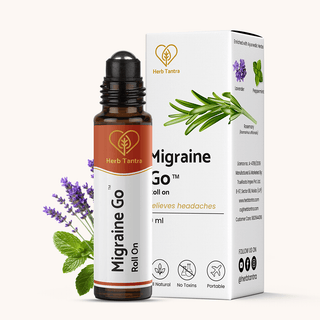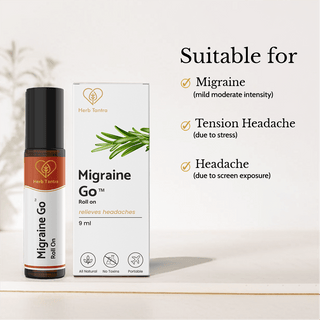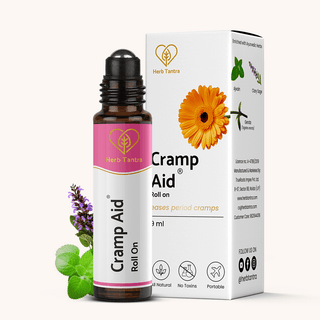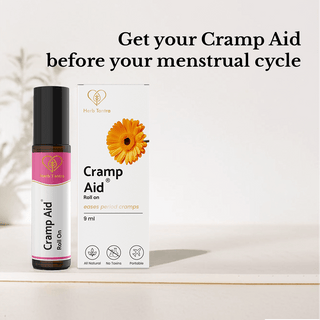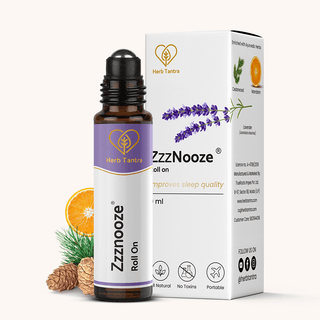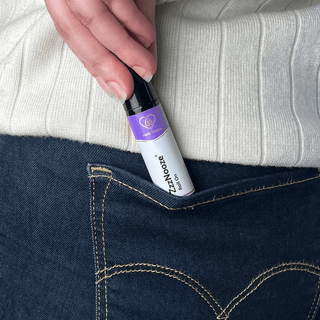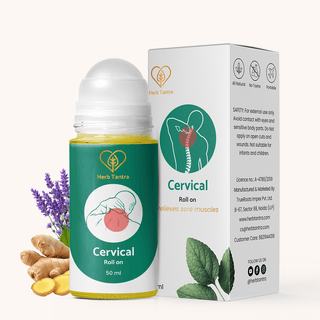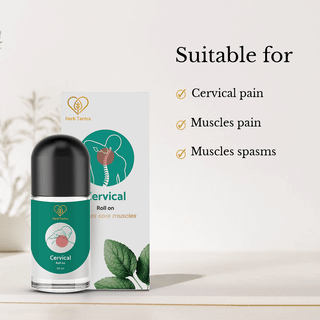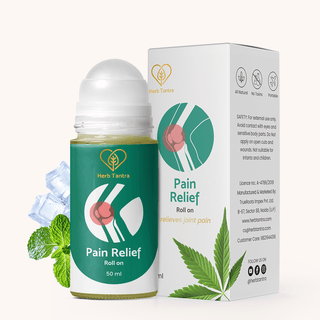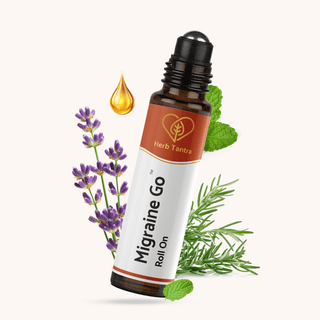Headaches and migraines are already difficult to live with, but what if the very medicines meant to bring relief start making things worse? Many people rely on over-the-counter painkillers to quickly soothe migraine pain or tension headaches. While occasional use can help, frequent or long-term use may actually lead to something called medication overuse headache (MOH)—a condition where painkillers trigger more headaches instead of preventing them.
In this blog, we’ll explore how overuse of painkillers can contribute to chronic migraines, what signs you should watch out for, and natural ways to manage headache pain without falling into this cycle.
Understanding Medication Overuse Headache (MOH)
When painkillers are taken more than two to three times a week, the brain and nervous system can start to adapt. Instead of calming pain, the medicine may lower your natural pain threshold—making you more sensitive to headaches. This is why MOH is often referred to as “rebound headache.”
It is more common in people with migraine since they tend to use pain relief more frequently. But anyone relying on tablets too often for headache relief can experience it.
Signs That Painkillers May Be Making Your Headaches Worse
You may be dealing with MOH if you notice -
- Headaches becoming more frequent (almost daily in some cases).
- Head pain that feels dull and persistent instead of sharp migraine attacks.
- Relief from tablets lasting only a short while before the pain returns.
- Needing higher doses of medicine for the same effect.
If these symptoms sound familiar, it may be time to step back and look for alternative, more sustainable solutions.
The Link Between Overuse and Chronic Migraine
Migraines are not just “bad headaches”—they are a neurological condition often linked with genetics, stress, poor sleep, and lifestyle triggers. Adding medication overuse to the mix makes them harder to manage.
Long-term overuse of painkillers can -
- Increase migraine frequency (turning episodic migraines into chronic ones).
- Affect sleep quality, making triggers like fatigue and stress worse.
- Strain the liver, stomach, or kidneys depending on the type of painkiller.
This is why doctors often recommend non-medicated options and lifestyle changes first before reaching for pills too often.
Natural Relief and Preventive Approaches
The good news is that there are safe, effective, and natural ways to manage headache and migraine pain without falling into the cycle of overmedication.
- Hydration & Meals - Skipping meals and dehydration are common migraine triggers. Maintaining steady energy and fluid intake reduces attack frequency.
- Sleep Hygiene - Chronic poor sleep quality is strongly linked with migraine frequency. Creating a bedtime routine—such as dimming lights, avoiding screens, and using calming essential oils—helps regulate the body’s natural rhythm.
- Relaxation Practices - Techniques like yoga, meditation, or simple deep breathing can calm the nervous system and lower stress-driven headaches.
- Hot & Cold Therapy - Alternating hot and cold compress can ease tension headaches and soothe migraine-related inflammation.
- Ayurvedic Support with Herb Tantra -
- Migraine Go Roll On (Lavender, Peppermint, Rosemary) is perfect for quick, on-the-go relief without the side effects of tablets. Just roll it on temples or forehead.
- Migraine Go X Roll On (Wintergreen, Chamomile, Eucalyptus) works for more intense migraine attacks—powerful yet natural.
- Migraine Go Cap offers 180-degree hot & cold compression, blocks out light, and can be used for both cold and warm therapy, making it ideal for chronic migraine care.
These natural solutions are non-sticky, travel-friendly, and easy to use, giving you relief without relying heavily on painkillers.
Breaking the Cycle
If you suspect medication overuse headache, the first step is awareness. Reducing reliance on tablets gradually, keeping a migraine diary to track triggers, and integrating natural remedies can help reset your system. While this process may take time, it allows your body to restore balance and helps prevent the risk of chronic migraine.
Final Thoughts
Painkillers can feel like the easiest option when a migraine attack strikes. But when used too often, they may actually worsen headaches in the long run. Shifting to natural remedies, prioritizing hydration, sleep, and stress management, and using tools like Herb Tantra’s Migraine & Headache Range can provide sustainable relief without harmful side effects.
Your body deserves care that heals—not just quick fixes.
FAQs
Q1. Can overuse of painkillers cause more headaches?
Yes, frequent use of painkillers can lead to medication overuse headache, where the medicine itself triggers more headaches.
Q2. How do I know if I have medication overuse headache?
If your headaches become more frequent, persistent, and less responsive to tablets, it could be MOH.
Q3. Can stopping painkillers cure chronic migraine?
Reducing overuse can help, but managing chronic migraine also requires lifestyle changes, trigger management, and natural remedies.
Q4. What natural remedies can help manage migraines?
Hydration, proper sleep, yoga, and ayurvedic solutions like Herb Tantra’s Migraine Go Roll Ons and Cap are effective alternatives.
Q5. How can I prevent medication overuse headache?
Limit painkiller use to no more than twice a week, track triggers, and rely on natural therapies for long-term relief.




